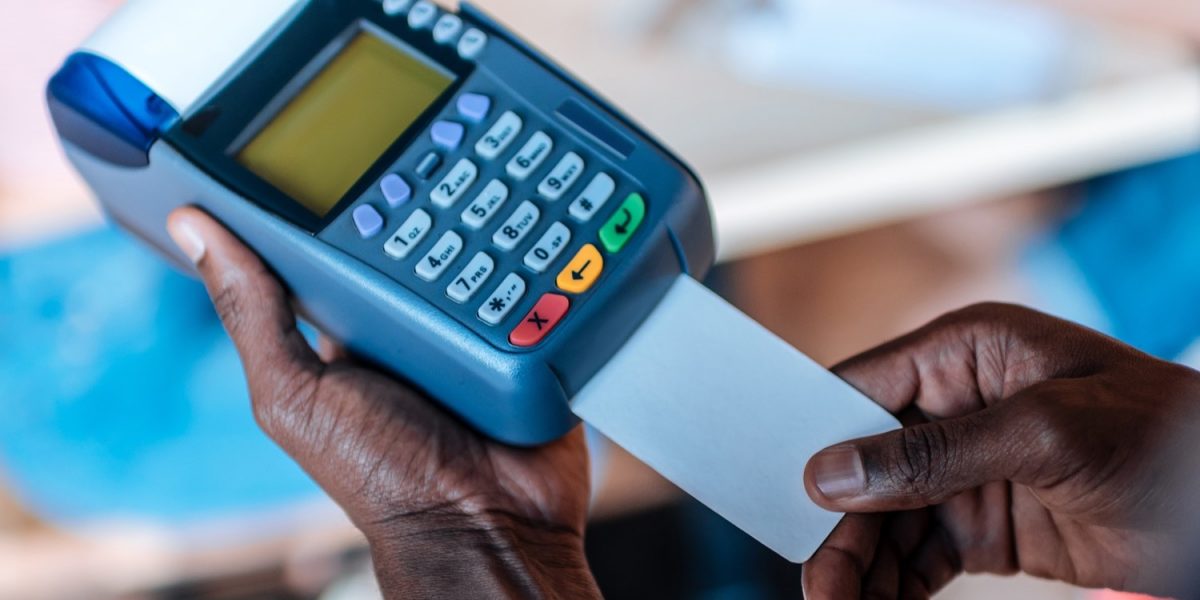Summary
- The BRICS group, now expanded to include Egypt, Ethiopia, Iran and the United Arab Emirates, is advocating the elevated use of local currencies in international trade and financial transactions. One aim of this is to overcome the challenges imposed by reliance on the US dollar and other major currencies.
- The havoc induced by the COVID-19 pandemic and various financial crises has recently broadened support among developing countries for global monetary norm change. A further impetus is the practice of using the SWIFT international payment system to impose financial sanctions.
- While the Bretton Woods Agreement and petrodollar system made the US dollar central to global trade and finance and SWIFT centralised payment-related messaging, the emergence of blockchain and digital currency options presents new opportunities to create alternative international payment models.
- Among BRICS members and developing countries in general, China is leading in the development of parallel financial systems, such as its Cross-border Interbank Payment System, initiatives under the Belt and Road Initiative to promote local currency use in trade and in the implementation scale and international testing of its digital currency.
- African countries typically face significant hurdles under the current system owing to foreign currency inaccessibility. They are thus advancing initiatives to overcome those hurdles, such as the Pan-African Payment and Settlement System, which aims to facilitate both intra- and extra-African trade using local currencies.
- African policymakers should stay abreast of related agendas, consider the complexities and costs of adopting new payment technologies, ensure data governance and balance commitments between BRICS and African interests to avoid added challenges, such as dependencies on new foreign currencies and technology.








